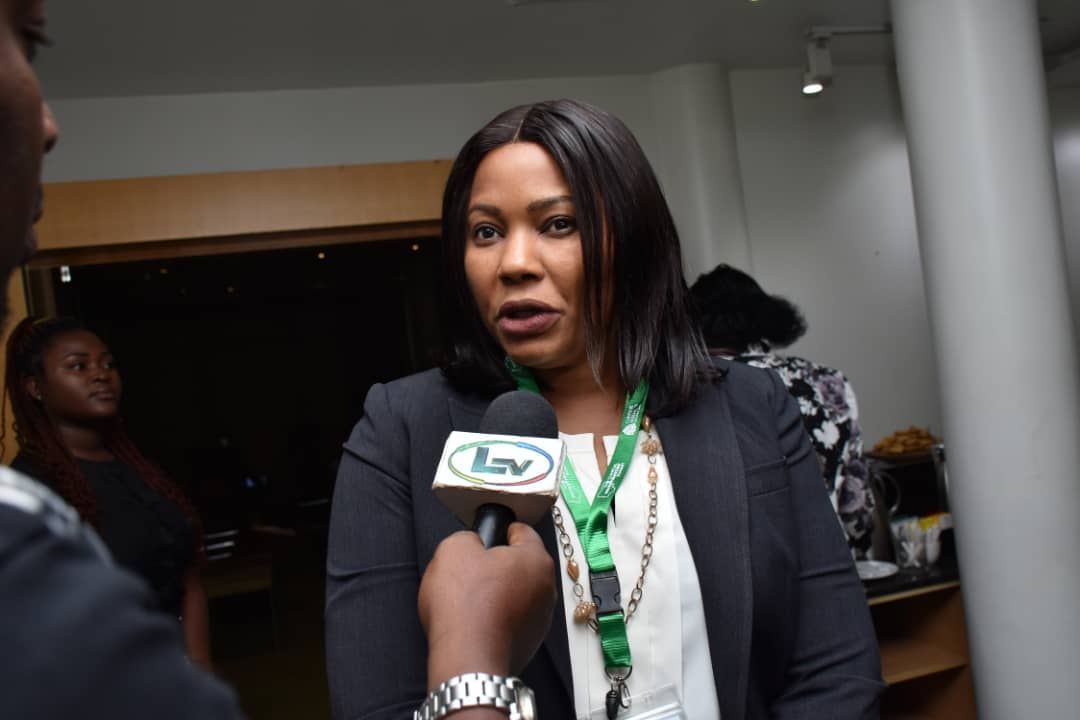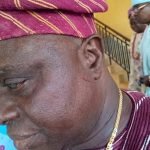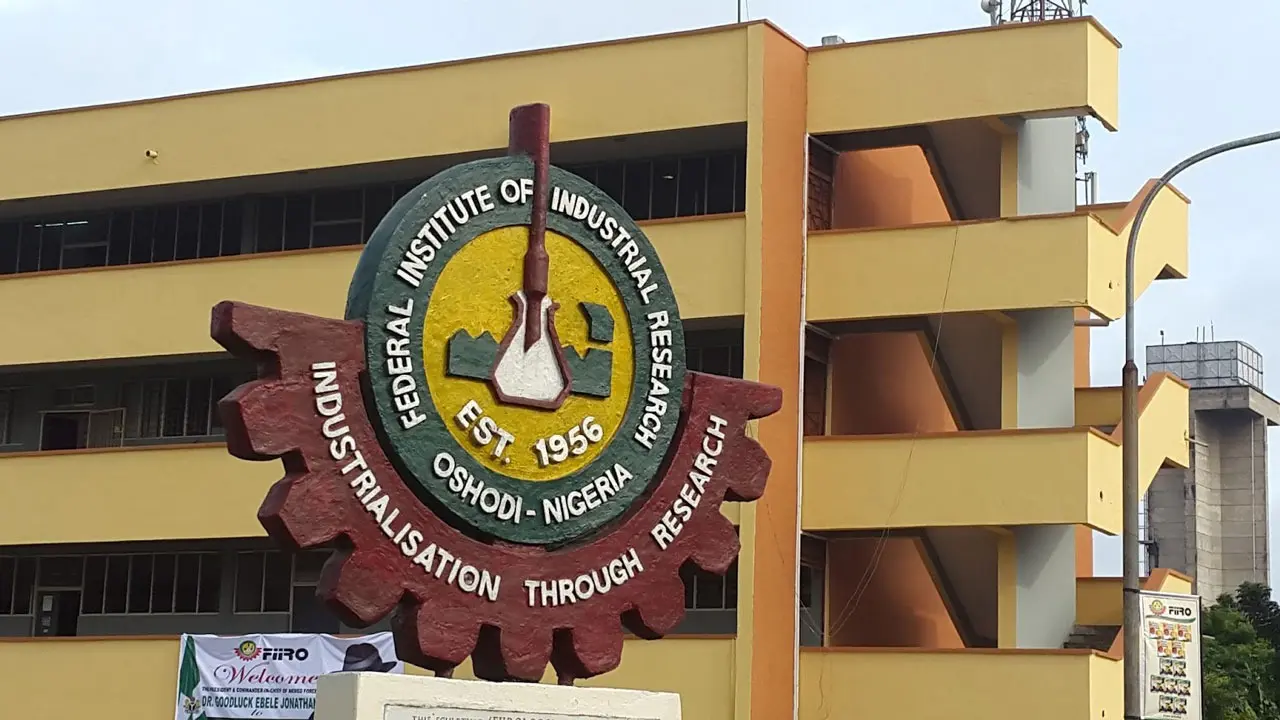…foreign drugs may not work for Africans
…clinical trials needed to develop current and future innovative inventions for prevention and curative
Africa’s public health challenges described as “double barrel’’ has positioned it as the continent with the world’s highest burden of diseases, according to the Association for Good Clinical Practice in Nigeria.
It said the continent, therefore, required increased volume of innovative, cutting-edge biomedical research to assist it in setting its healthcare priorities and enriching the research culture.
A Professor of Radiology at the University of Nigeria, Nsukka, Ifeoma Okoye, who is the Contact Lead Person for the association, stated this in an overview at the just-concluded Clinical Investigators’ Summit in Lagos.
The theme, “Strategy for Collection of Quality Data/Site Preparedness’’, was co-sponsored by Clinique Research Development Ltd, Global Health Network, National Agency for Food and Drug Administration and Control (NAFDAC), the Lagos State Ministry of Health and National Health Research Ethics Committee (NHREC).
She said there was need to improve disparities in the continent’s health systems and ensure access to low-cost therapies.
Okoye restated the body was committed to promoting good clinical practice in the country.
According to the professor, AGCPN has embarked on building infrastructure needed to ensure adherence to the highest international ethical and scientific values and standards.
On drugs developed in North America, Europe or Asia, Okoye said the drugs should“ not be assumed to be effective in the African population based on genetic differences and variations in lifestyle.’’
She said in the era of personalized/precision health, it might no longer suffice to assume that those drugs would work for Africans.
Okoye, therefore, stressed that clinical trials were needed in Africa to develop current and future innovative inventions for prevention, screening, diagnosis and treatment.
Earlier, the Founder/CEO, Clinique Research Development Ltd, Roseanne Onyia, said Nigeria’s potential of becoming a global, leading country in clinical research has yet to be exploited.
She said clinical research was a prerequisite to any new drug as it allows scientists to test the efficacy and safety of the drug on humans..
Onyia reiterated that the company was committed to improving a complete range of industry-standard clinical research/trials services in Nigeria and Sub-Saharan Africa.
The organization, she said, would continue to provide services in clinical trial in the areas of site selection, coordination, monitoring, auditing as well as reporting, ethics and regulatory applications.
Others are clinical data management, site management and site preparedness and mentorship.
“We are on a journey to becoming the leading African Clinical Research Organization by providing clinical trial services to organizations on a mission to discover drugs and devices that improve global health,’’ she said.
Herbal medicine: West African Health Organization to train officials from Nigeria, 9 other countries
…dosage toxicity of herbal products being addressed
In a bid to integrate traditional medicine into orthodox, the West African Health Organization (WAHO) is to train selected people from 10 countries in the region.
To this end, WAHO has requested a curriculum to train people on trado-medicine.
Dr Margaret Ekpenyong, the Director/Head, Research Clinic/Clinical Trial Lead, National Institute for Pharmaceutical Research and Development, Abuja, disclosed this in an interview with Persecondnews on the sideline of the Clinical Investigators’ Summit held at Radisson Blue Hotel, Victoria Island, Lagos.
“A Memorandum of Understanding (MoU) will be signed soon between Nigeria and WAHO and we are discussing with NAFDAC about the issue,’’ she said.
According to her, two people from Burkina Faso have been trained on different aspects of traditional medicine.
The summit, tagged “Nigeria 2020, with the theme, “Strategy for Collection of Quality Data/Site Preparedness’’, was co-sponsored by Clinique Research Development Ltd, Global Health Network, National Agency for Food and Drug Administration and Control (NAFDAC), the Lagos State Ministry of Health and National Health Research Ethics Committee (NHREC).
The media partners for the summit include Persecondnews, Channels TV and the Guardian newspaper.
Ekpenyong said herbal medicine was being accorded recognition because of its efficacy.
She also said the failings being experienced in the use of orthodox medicine had compelled African countries to look inwards.
Ekpenyong said:“Most orthodox medicines have failed us in treating malaria for example such that after using malaria drugs the malaria will not go away.
“We are subjecting herbal products to clinical trial/research at our laboratory, looking at the components of the herbal drugs.
“It is all in an effort to close the gap between alternative medicine and orthodox.’’
On dosage, Ekpenyong said the clinical trial or research will help determine the dose or quantity that will not be toxic to the human body when used.
“The good thing is that people (big or small) are now ready for herbal medications in the open.’’
She said plants with activities are being cultivated on acres of land by NIPRD, to be harvested and taken to the laboratory for clinical research on them to patent and produce herbal medicines in commercial quantities.
Earlier, Ms Temi Adeyemi, Director, Clinical Operations at Relinace Clinical Ltd, UK, observed that there are no repositories in Nigeria for clinical trials carried out and what they are about.
“There is no awareness, no facilities and government support and there is no media publicity to call the attention of the world to what they are doing in Nigeria,’’ Adeyemi, an industrial pharmacy professional, said.
She stressed the need for patient’s safety in clinical trials, saying “packaging drugs and giving them to patients without clinical research is wrong.’’
On data collection, Adeyemi, noted that previous data collected on viruses were not used, citing the current outbreak of Corona virus in China.
“It will surprise you that data collected on Corona virus, for example, are not being used.’’
Several papers were presented at the one-day summit attended by stakeholders in the health sector including NAFDAC and other regulatory bodies.
They include Dr Adebayo Adejumo of the Centre for West African Bioethics, University of Ibadan, Roseanne Onyia, Founder/CEO, Clinique Research and Dr A. Adigwe, Director-General, National Institute of Pharmaceutical Research and Development.
























Leave a comment